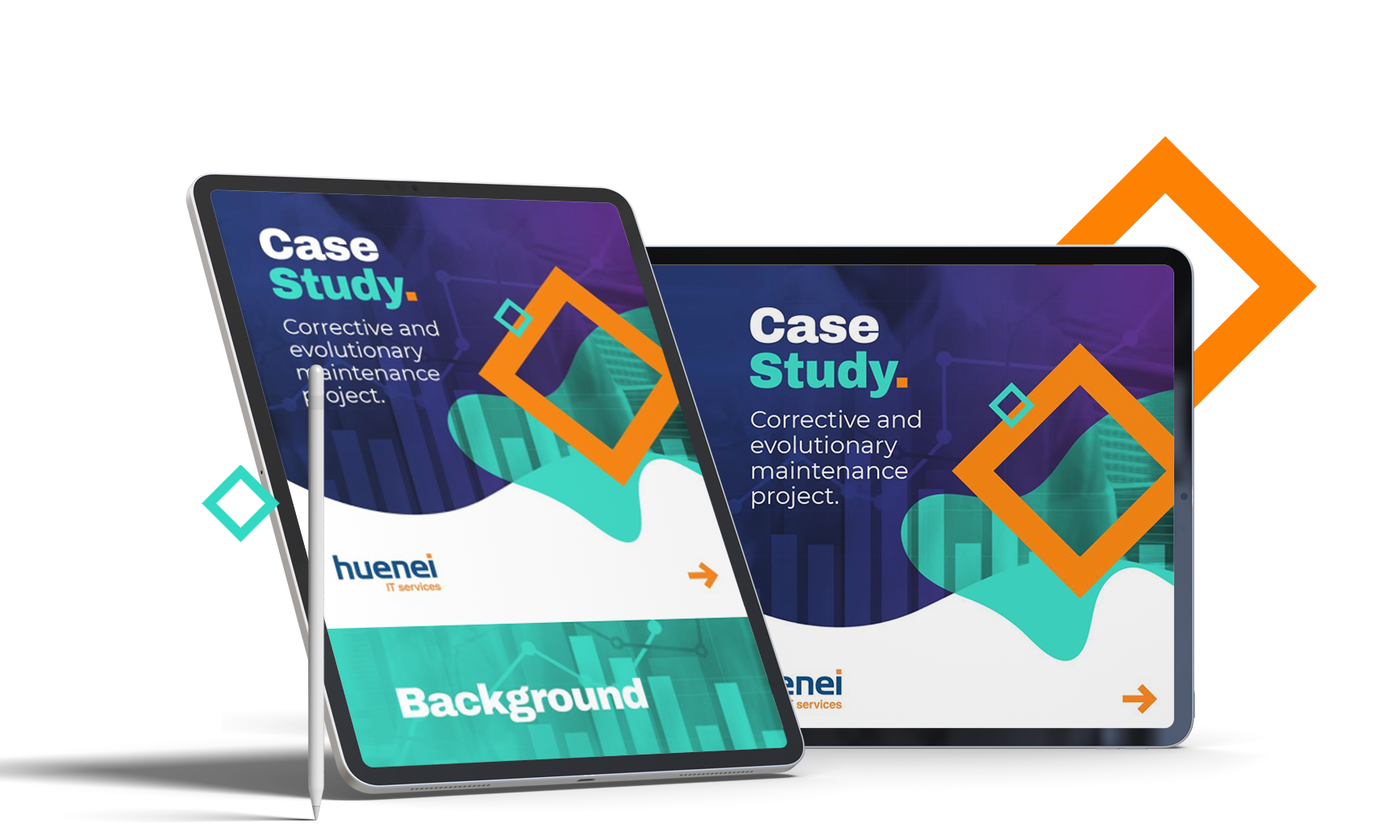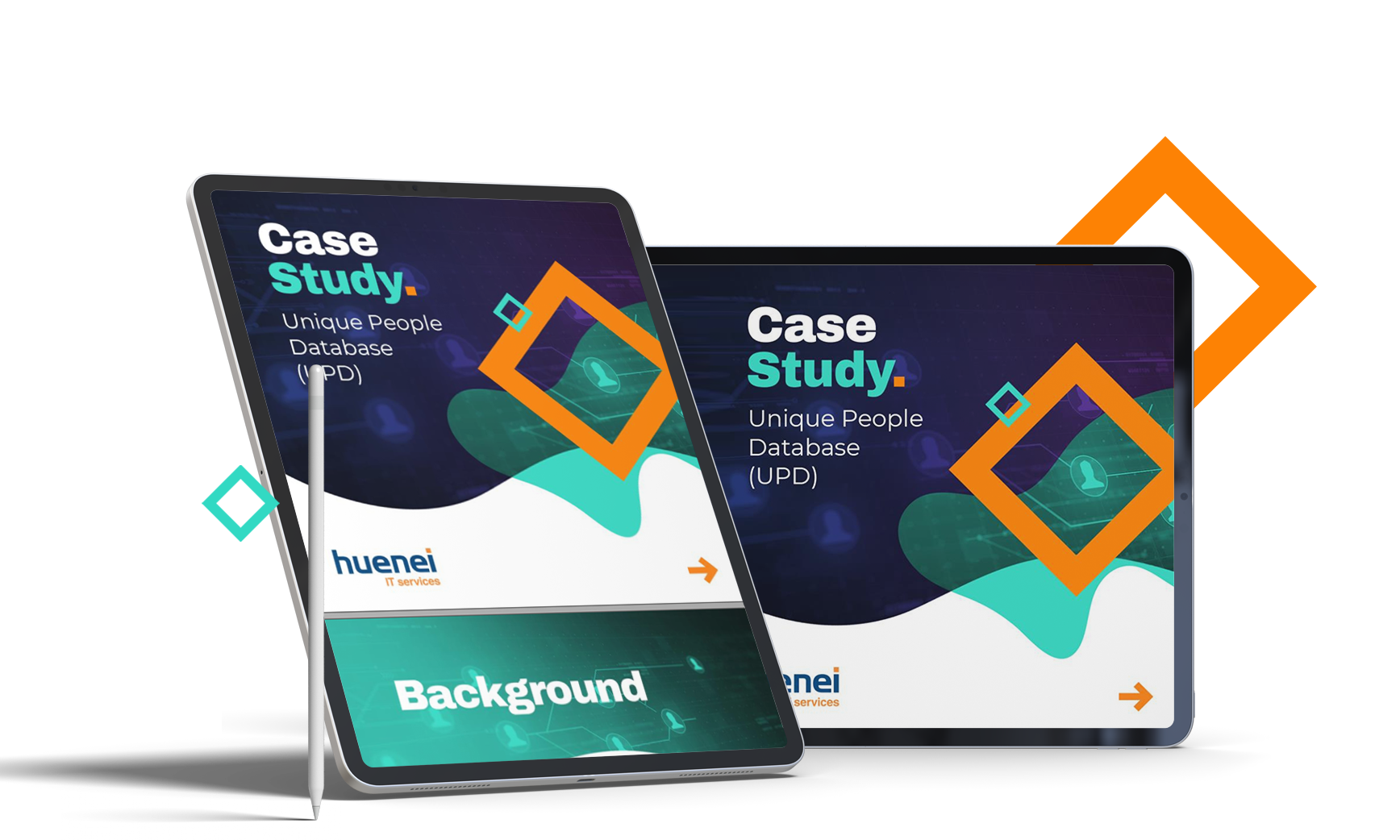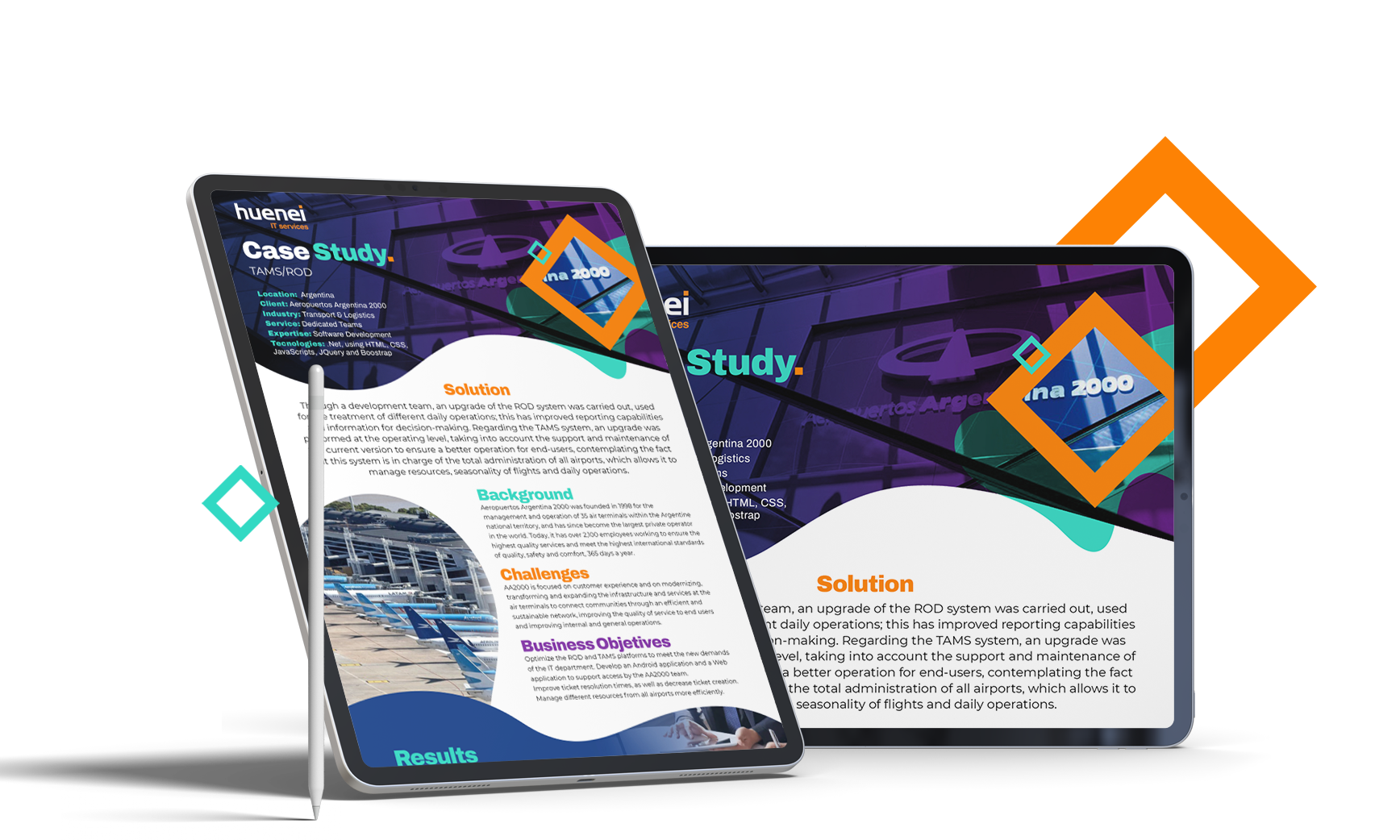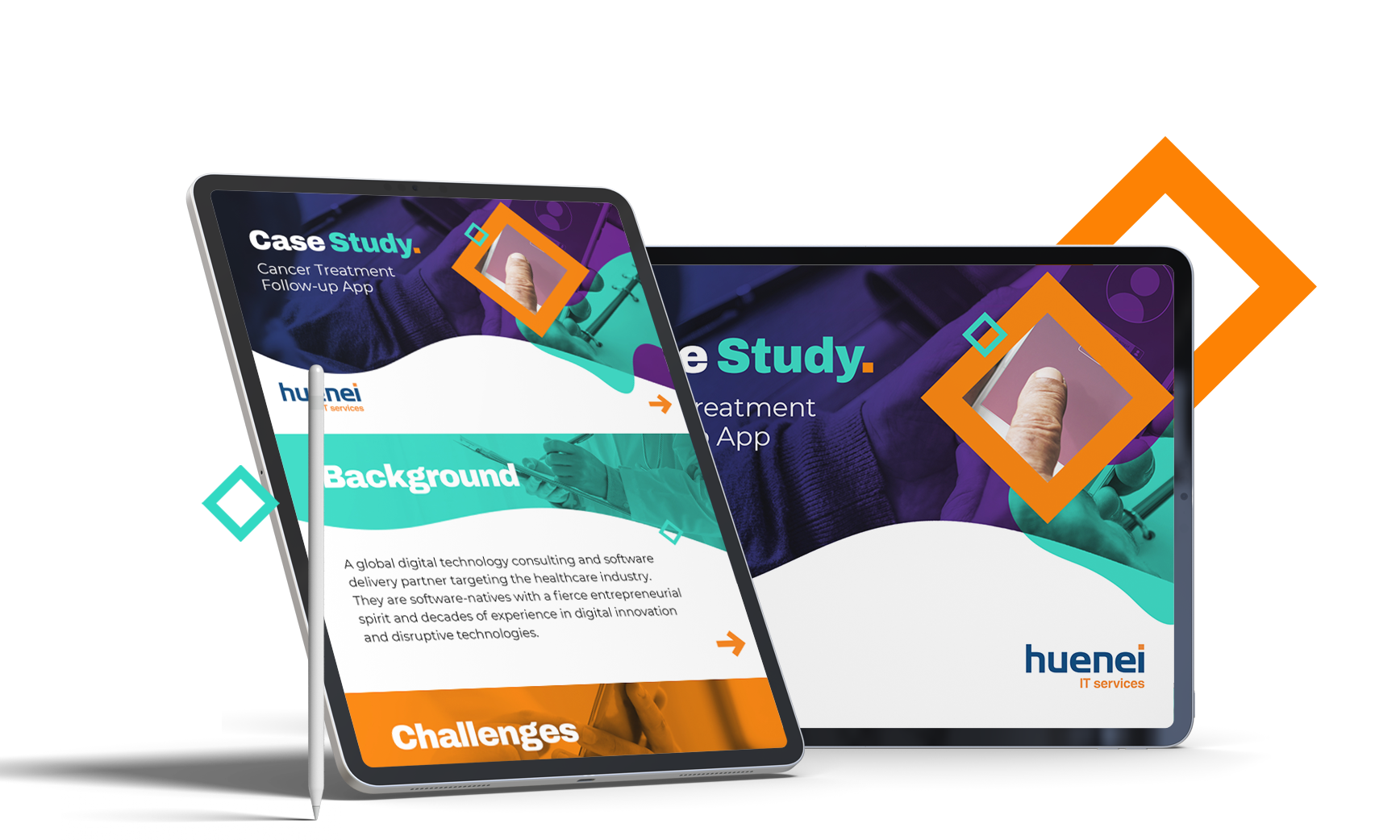Ionic is a platform that facilitates the development of mobile apps with web technologies by web programmers. The Ionic template allows developers to create mobile apps on different platforms that can be installed on Windows, Android, and iOS phones. The Ionic framework uses other frameworks such as Phonegap, ASS, and Angular JS to develop hybrid mobile applications.
Key Features
Ionic allows to build hybrid apps using HTML5 due to its open-source framework and it’s completely free. The use of Angular JS makes it perfect for developing highly interactive apps and it has a great range of tools and services that make running Ionic fairly easy.
Ionic comes with CLI which helps mobile developers build and test Ionic apps on any platform. Users are allowed to scroll through thousands of lists without any performance errors. Additionally, they are able to create their own apps, customize them for Windows, Android, and iOS, and deploy them through Cordova.
Advantages of Ionic Framework
Cross-Platform Usability
Ionic is compatible with several platforms and can be optimized for various mobile operating systems. Developing code is significantly easier and faster since Ionic is easily integrated into Angular JS to set up code structure. Thus, new concepts are developed faster and on lower budgets.
Friendly User Interface
The Ionic framework incorporates key concepts such as Java Scripts and CSS components to optimize user-friendly interfaces for any mobile application. Components such as navigation tabs, sliding menus, buttons, lists, form inputs, pop-ups and prompts are very simple and sleek, and easily customized for any particular mobile app.
The Ionic framework therefore creates appealing and interactive UIs in a remarkably short period of time.
Free and Open Source Framework
Since Ionic is open source, different looks and feels can be customized on various mobile operating systems without high costs. Ionic provides CSS, JS and HTML component codes which reduce the need to rewrite code for a new mobile operating system. Ionic’s easy integration with Angular JS supports easier and better code structure creation.
Developing apps on Windows, Android and iOS is thus faster and easier. New apps move quickly from the development phase to the market, boosting sales and creating awareness and popularity among the apps. Ionic helps to save money, time and efforts.
Feasible and Easy Development of Cross Mobile Apps
Quick app development is critical in today’s mobile app conscious generation. Also, app development needs to be compatible across all mobile devices. Ionic has excelled in developing apps efficiently, using standard tools with a single coding base which saves money, time and effort and provides an integrated look and feel.
Based on Angular
The Ionic framework is based on Angular JS compatibility, which broadens the ease and functionality of the Angular framework, making the creation of mobile apps an easy task. As of today, Angular JS is the number one JavaScript framework of choice and is backed by Google.







